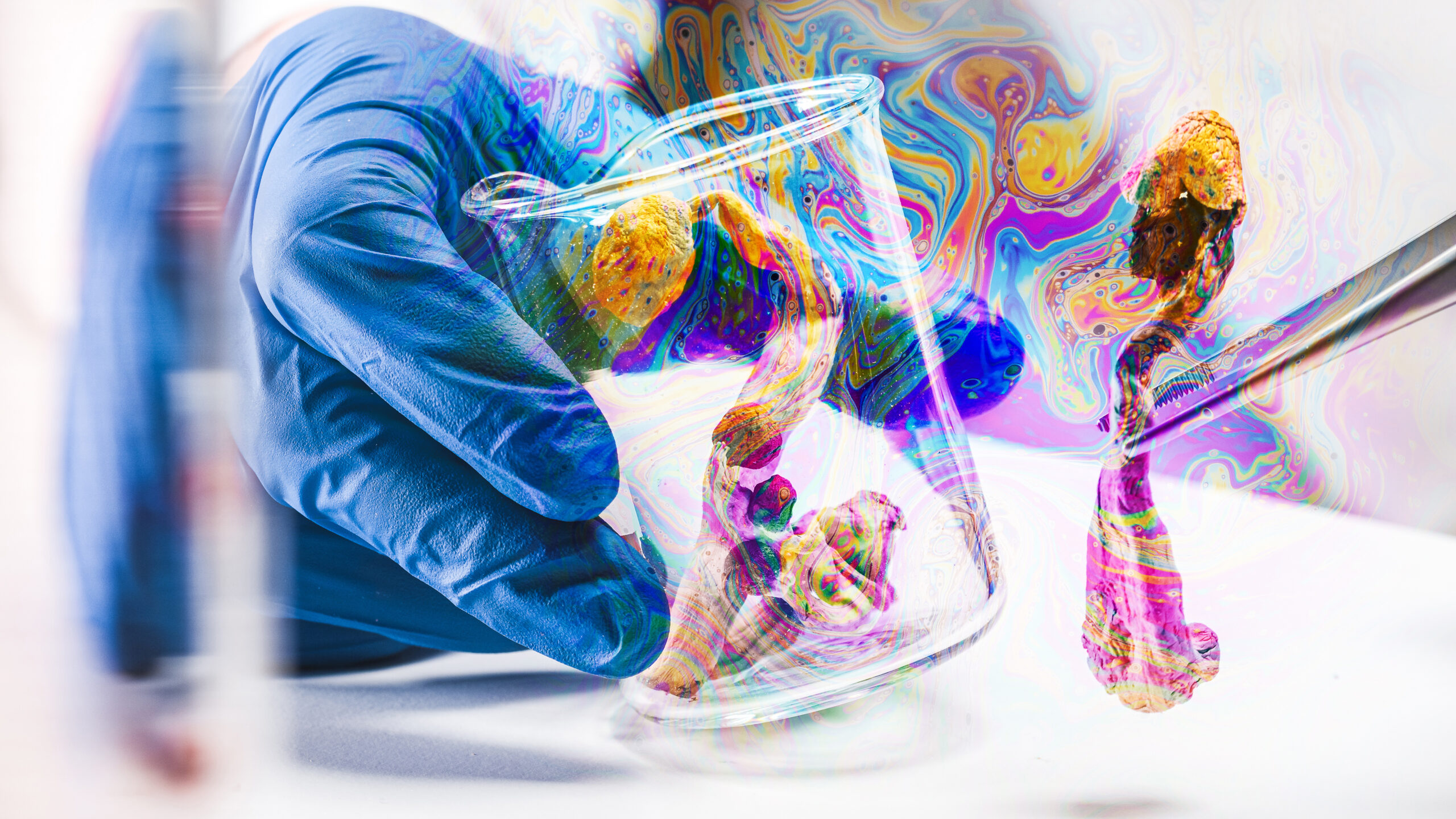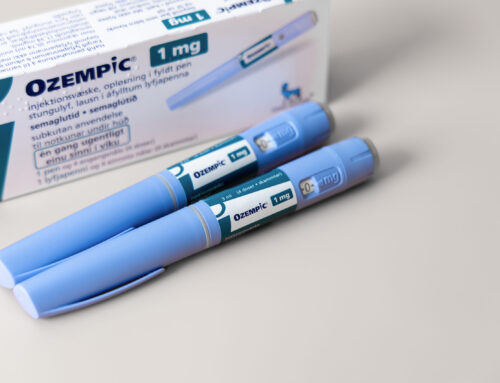Can psychedelics help combat addiction? It’s a question gaining traction as researchers explore alternative therapies for substance use disorders. Psychedelic medicine, long associated with counterculture, is now being reexamined for its potential to treat mental health issues, including addiction. But does psychedelic medicine make sense in addiction treatment? In this article, we’ll dive into the possibilities, concerns, and current standing of psychedelics in addiction care, offering a balanced perspective for those seeking clarity.
The Rise of Psychedelic Medicine in Mental Health
Psychedelic medicine, including substances like psilocybin (found in magic mushrooms), MDMA, and LSD, is capturing the attention of mental health professionals and researchers worldwide. Studies suggest these compounds can help reduce symptoms of depression, PTSD, and anxiety. But what about addiction?
Early Research Shows Promise
- Psilocybin: Preliminary studies indicate that psilocybin therapy may help reduce cravings for nicotine and alcohol. Participants in clinical trials reported heightened self-awareness and emotional breakthroughs.
- MDMA: While better known for PTSD treatment, MDMA-assisted therapy has shown potential in addressing trauma—a common underlying factor in addiction.
- Ayahuasca: Indigenous communities have long used ayahuasca ceremonies for spiritual healing, and some modern studies suggest it could reduce dependency on substances.
Why the Buzz?
Advocates argue that psychedelics promote neuroplasticity—the brain’s ability to rewire itself. They also claim these substances facilitate profound introspection, which can be transformative for those struggling with addiction.
Psychedelics and Neuroplasticity
One of the most exciting aspects of psychedelic medicine is its potential to stimulate neuroplasticity. This refers to the brain’s ability to form and reorganize synaptic connections. For individuals battling addiction, this could mean unlearning harmful habits and creating new, healthier pathways. This aspect is particularly compelling for those who have found traditional therapies less effective.
Transformative Emotional Experiences
Another proposed mechanism behind the efficacy of psychedelics is their ability to catalyze powerful emotional experiences. Many participants in psychedelic therapy report experiencing a sense of “reset” or clarity that helps them confront underlying issues such as trauma, guilt, or self-doubt. These emotional breakthroughs are often cited as pivotal moments in their recovery journey.
Concerns Surrounding Psychedelics in Addiction Treatment
While the potential benefits are intriguing, the road to widespread acceptance is far from smooth. Achieve Wellness & Recovery advises approaching this emerging field with caution.
Lack of FDA Approval
Currently, no psychedelic substance has received FDA approval for addiction treatment. Most studies are in early phases, and long-term effects remain unknown. Without rigorous testing and regulatory oversight, there’s no guarantee of safety or efficacy.
Risks of Psychedelic Use
- Unpredictable Effects: Psychedelics can induce intense emotional experiences, which might retraumatize some individuals.
- Potential for Misuse: While not typically addictive, psychedelics carry the risk of recreational misuse.
- Limited Accessibility: Psychedelic therapy often requires specialized settings and trained facilitators, making it inaccessible for many.
Ethical and Legal Challenges
The legality of psychedelics varies widely. Many substances remain classified as Schedule I drugs in the U.S., meaning they are considered to have no accepted medical use and a high potential for abuse. This classification creates significant hurdles for researchers and healthcare providers who wish to explore their potential.
Incomplete Understanding of Long-Term Effects
While short-term studies are promising, the long-term effects of psychedelic use in therapeutic contexts remain under-researched. Questions about dosage, frequency, and the sustainability of benefits are still unanswered. For individuals considering these therapies, this lack of clarity underscores the need for caution.
Alternatives to Psychedelics in Addiction Recovery
Before exploring experimental treatments, it’s important to consider evidence-based methods that have stood the test of time. Achieve Wellness & Recovery offers a range of proven therapies to support individuals on their journey to sobriety.
Traditional Treatments
- Behavioral Therapies: Cognitive-behavioral therapy (CBT) and dialectical behavior therapy (DBT) help patients address the thought patterns fueling addiction.
- Medication-Assisted Treatment (MAT): Medications like buprenorphine and naltrexone are FDA-approved to reduce cravings and withdrawal symptoms.
- Support Groups: This model supplies support and care to the members of the group while teaching interpersonal skills through discussion, experience sharing, and collaborative problem-solving.
Holistic Approaches
- Mindfulness Practices: Techniques such as meditation and yoga are effective in reducing stress and improving emotional regulation.
- Nutritional Support: A balanced diet can aid in the body’s recovery process.
- Exercise Programs: Physical activity helps rebuild strength and promotes mental well-being.
Achieve Wellness & Recovery’s Approach
At Achieve Wellness & Recovery, we integrate evidence-based therapies with holistic approaches to address the complex nature of addiction. Our personalized treatment plans ensure that every client receives the support they need to achieve lasting sobriety.
What’s Next for Psychedelics in Addiction Treatment?
As interest in psychedelics grows, researchers are calling for larger clinical trials to better understand their potential and limitations. Institutions like Johns Hopkins University and MAPS (Multidisciplinary Association for Psychedelic Studies) are leading the charge, but these treatments are years away from mainstream use.
Questions to Ask Before Considering Psychedelic Therapy
- Is the treatment FDA-approved?
- Are there qualified professionals to administer and guide the therapy?
- How does it compare to traditional, evidence-based methods?
- Are the risks and benefits clearly outlined by a trusted medical professional?
We encourage patients to prioritize established treatments while staying informed about emerging therapies.
Broader Implications of Psychedelic Research
The interest in psychedelics isn’t limited to addiction. These substances are also being explored for their potential to:
- Treat depression and anxiety resistant to traditional therapies.
- Improve emotional resilience.
- Facilitate end-of-life care by reducing fear and existential distress.
While these developments are exciting, they underscore the need for careful, ethical research and regulation.
Remember to Proceed with Caution
The potential for psychedelics in addiction treatment is undeniably intriguing, but it’s not without significant risks. As of now, these substances lack FDA approval and robust scientific backing for this use case. While early studies are promising, caution is paramount.
For those seeking proven and comprehensive addiction care, Achieve Wellness & Recovery offers a range of evidence-based therapies tailored to each individual’s needs. Our team is here to guide you toward a healthier, addiction-free future. Contact us today to take the first step toward lasting recovery.








